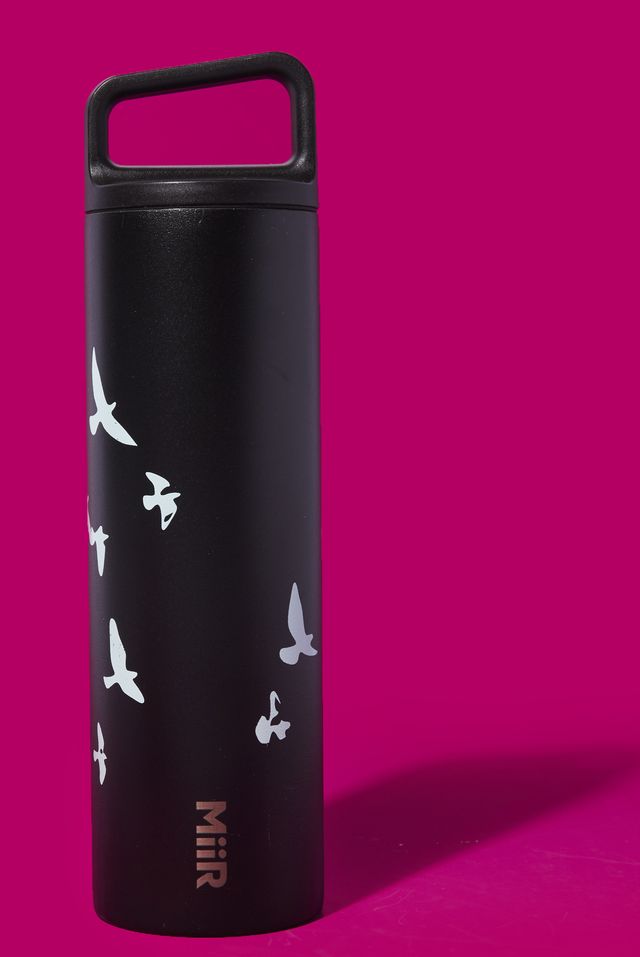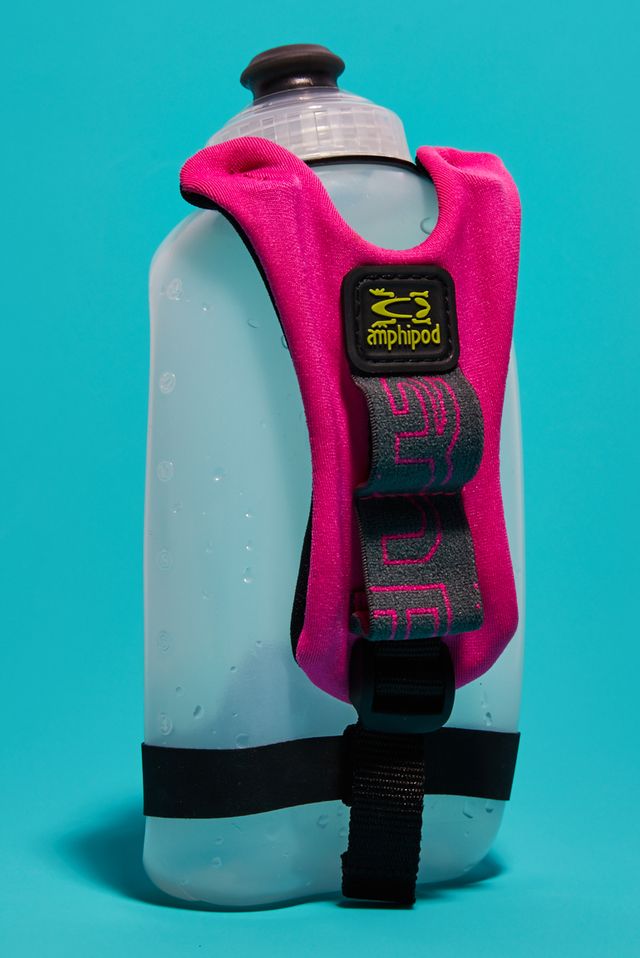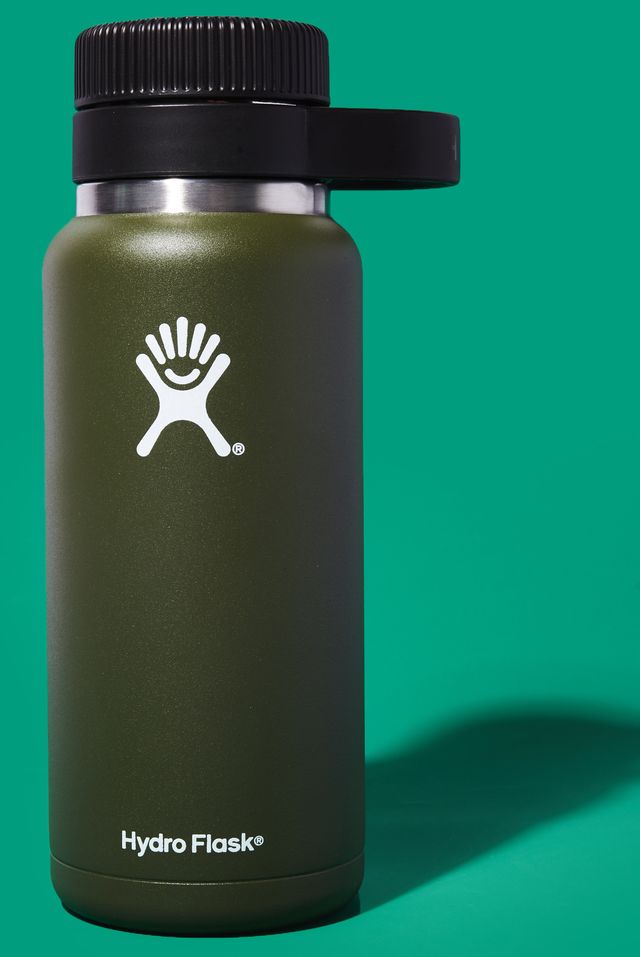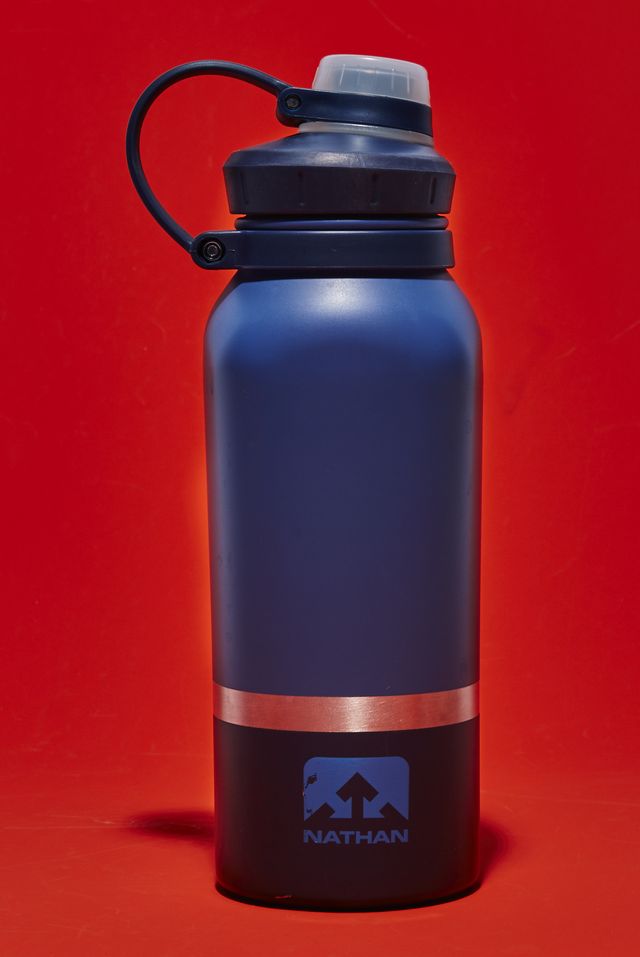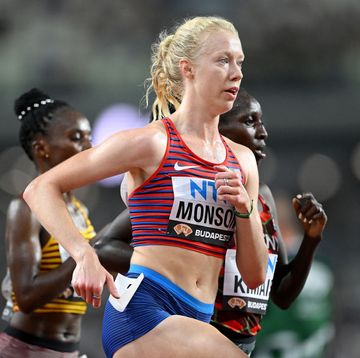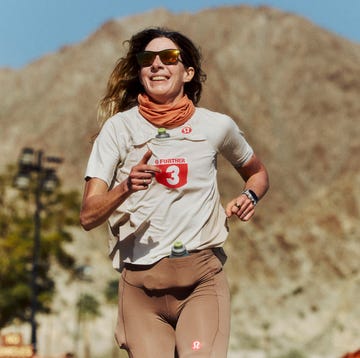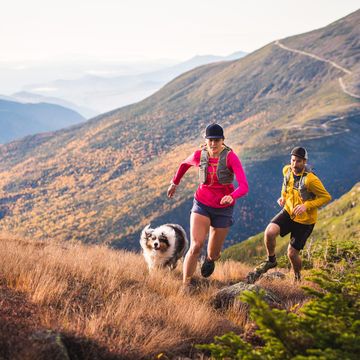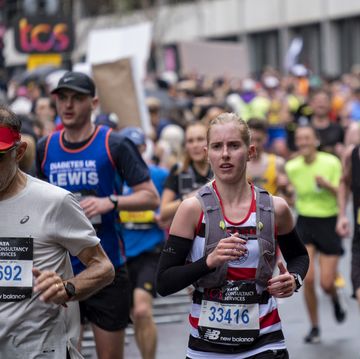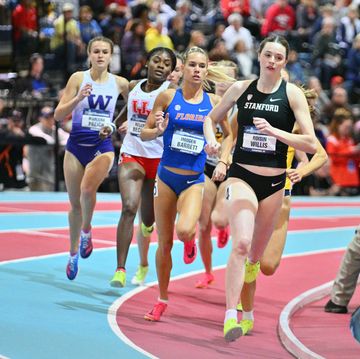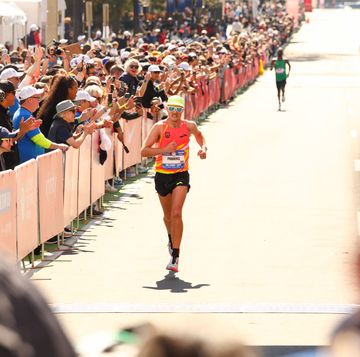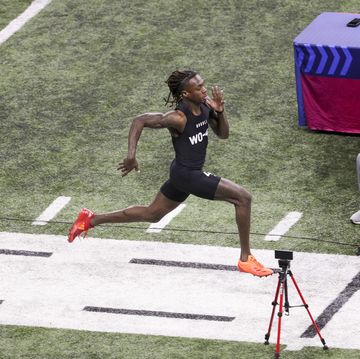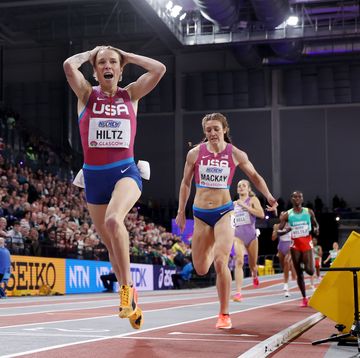- New research suggests you shouldn’t consider only activity level when gauging hydration needs—take a look at your plate, too.
- The more processed foods you eat—such as ice cream, mass-produced breads, cookies, and most breakfast cereals—the more likely you are to be dehydrated, since these foods tend to have very low water content.
- Why Trust Us.
Whether you’re prerun or midrace, you know how important hydration is to your performance—a statement backed up by studies like this one and this one. But new research suggests you shouldn’t consider only activity level when gauging hydration needs.
Take a look at your plate, too.
→ Join Runner’s World+ for the latest heath and running news!
Recent research in the carbonated soft drinks, and reconstituted meat products such as hot dogs looked at just over 24,000 participants in a national nutrition survey in the U.S., comparing total water intake with consumption of ultra-processed foods.
Ultra-processed foods are defined as foods that have a long shelf life, are ready to consume, highly palatable, usually low-cost, and offer little—if any—whole-food components. This includes foods such as ice cream, mass-produced breads, cookies, most breakfast cereals, carbonated soft drinks, and “reconstituted meat products” such as hot dogs.
Researchers found that the more people ate these ultra-processed foods, the less water they drank—particularly if sugar-sweetened drinks were in the mix. But even more concerning: ultra-processed foods tend to have very low water content, meaning it’s even more essential to hydrate when eating them—but people tend to do the opposite.
For example, you can get away with drinking less water if you’re eating foods with moderate to high water content, such as fruits and vegetables. But when you eat processed foods, you risk getting dehydrated faster. That gets even more problematic, researchers concluded, when water is replaced by sugary drinks.
What’s the takeaway? You don’t need to avoid these foods completely, but when you do eat them, focus on drinking more water to balance it out, especially if these foods are sweet or salty.
“Water is a critical nutrient, utilized in nearly every function of the body and essential for metabolic regulation and homeostasis,” Angie Asche, R.D., C.S.S.D., owner of Sales & Deals and author of carbonated soft drinks, and reconstituted meat products such as hot dogs, told Bicycling. “Even mild dehydration has been linked to increased risk of poor cognitive function, exercise-induced asthma, and impaired aerobic exercise because of increasing heat storage and decreasing sweat rates.”
Asche added that some of the best ways to determine hydration level is to check the color of your urine, frequency of urination, and sense of thirst. The common wisdom about aiming for a pale yellow is true, Asche said, but keep in mind that certain vitamins or health conditions might affect the color.
In terms of frequency, it seems counterintuitive, but dehydration usually increases the urge to pee, because lack of fluid can make urine more concentrated, which may irritate the bladder and prompt a urination response. But keep in mind that it may not result in much urine—so if you need to pee more often, and yet seem to have less output, that’s a big sign that dehydration is at play.
Also, as you’ve likely suspected, fluid lost during workouts needs to be replaced, Asche added. Pay attention to your sweat rate, and if you’re opting for some sweet or salty snacks during or after your run, up your water intake even more.
Elizabeth Millard is a freelance writer focusing on health, wellness, fitness, and food.

